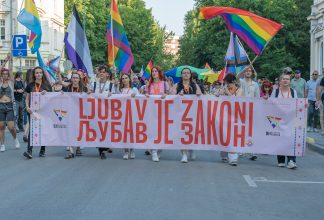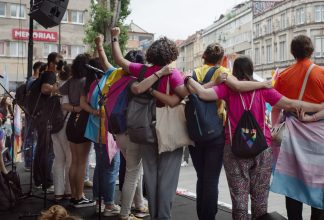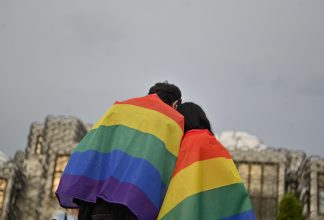Srebrenica 30 years later: Memory, truth, and the fight against denial
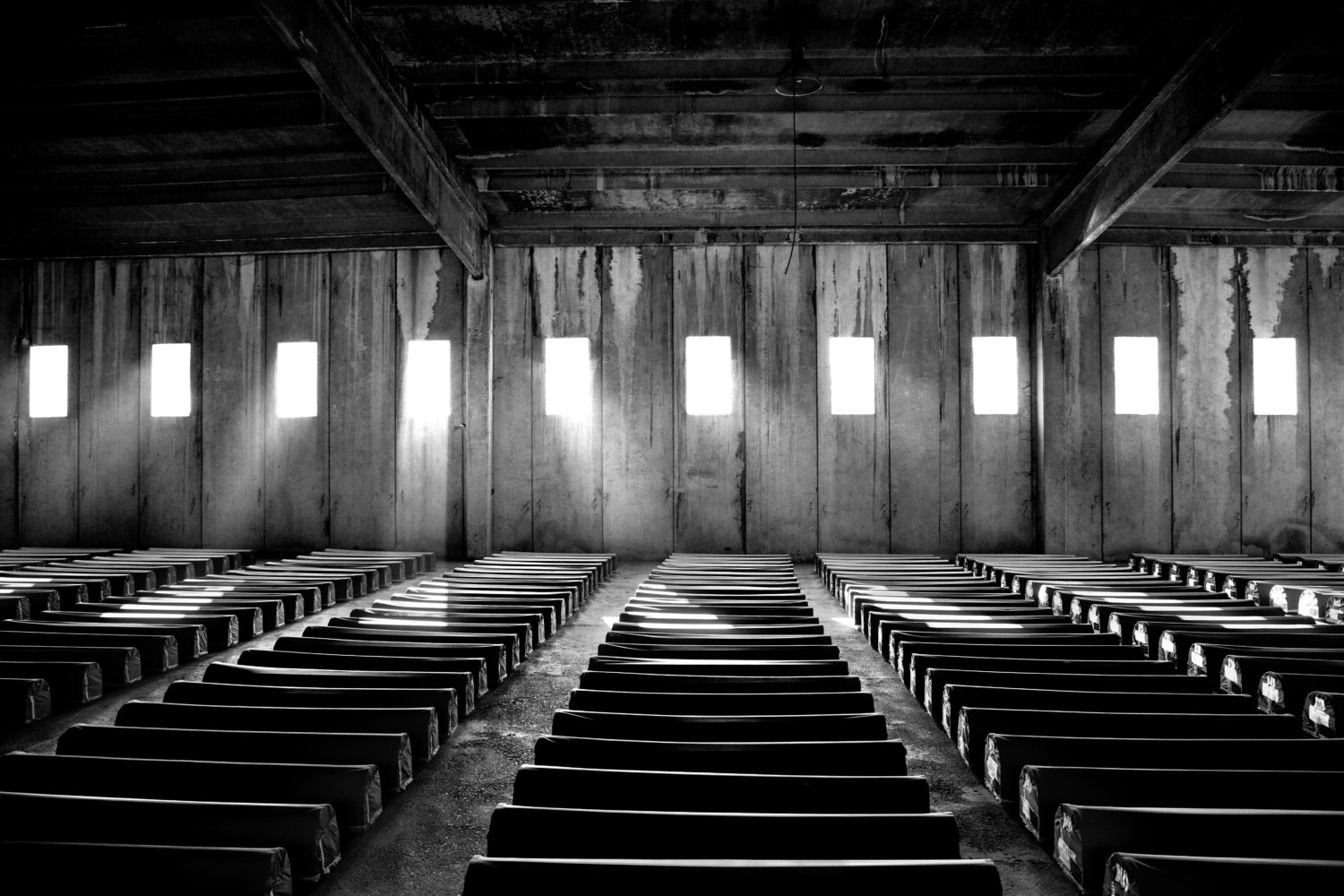
Thirty years after the genocide in Bosnia and Herzegovina in the UN-declared safe area of Srebrenica, we pause to remember the victims and reflect on the ongoing struggle for justice and truth.
Background
In July 1995, following the fall of Srebrenica in eastern Bosnia and Herzegovina to Bosnian Serb forces, a systematic and premeditated campaign of killings and forced deportations was carried out against the Bosniak population. Over 8,000 people were killed or went missing. This was not an isolated event but the final act in a broader campaign of ethnic cleansing during the war in Bosnia and Herzegovina.
Despite the UN’s presence and its designation of Srebrenica as a safe area, international peacekeepers failed to intervene. More than 20,000 civilians—mostly women, children, and the elderly—sought refuge at the UN base in Potočari. Thousands more attempted to escape on foot through the forests, toward Tuzla. Both groups were intercepted. Many were executed, others deported.
In the days that followed, mass killings took place at various sites. Victims’ bodies were later exhumed and moved to secondary and tertiary mass graves to hide the scale of the crime. Many remain missing to this day.
Pursuit of accountability still incomplete
The Srebrenica genocide has been legally recognised by both international and domestic courts, including the International Criminal Tribunal for the former Yugoslavia (ICTY), the International Court of Justice (ICJ), and the Court of Bosnia and Herzegovina.
To date, 54 individuals have been convicted for genocide and other crimes committed in and around Srebrenica. They have been sentenced to a combined total of 781 years in prison, in addition to several life sentences. These convictions underline the principle that those who plan, order, or carry out such crimes bear full individual responsibility and must be held accountable.
However, many perpetrators have still not been brought to justice, and the pursuit of truth and accountability remains far from complete.
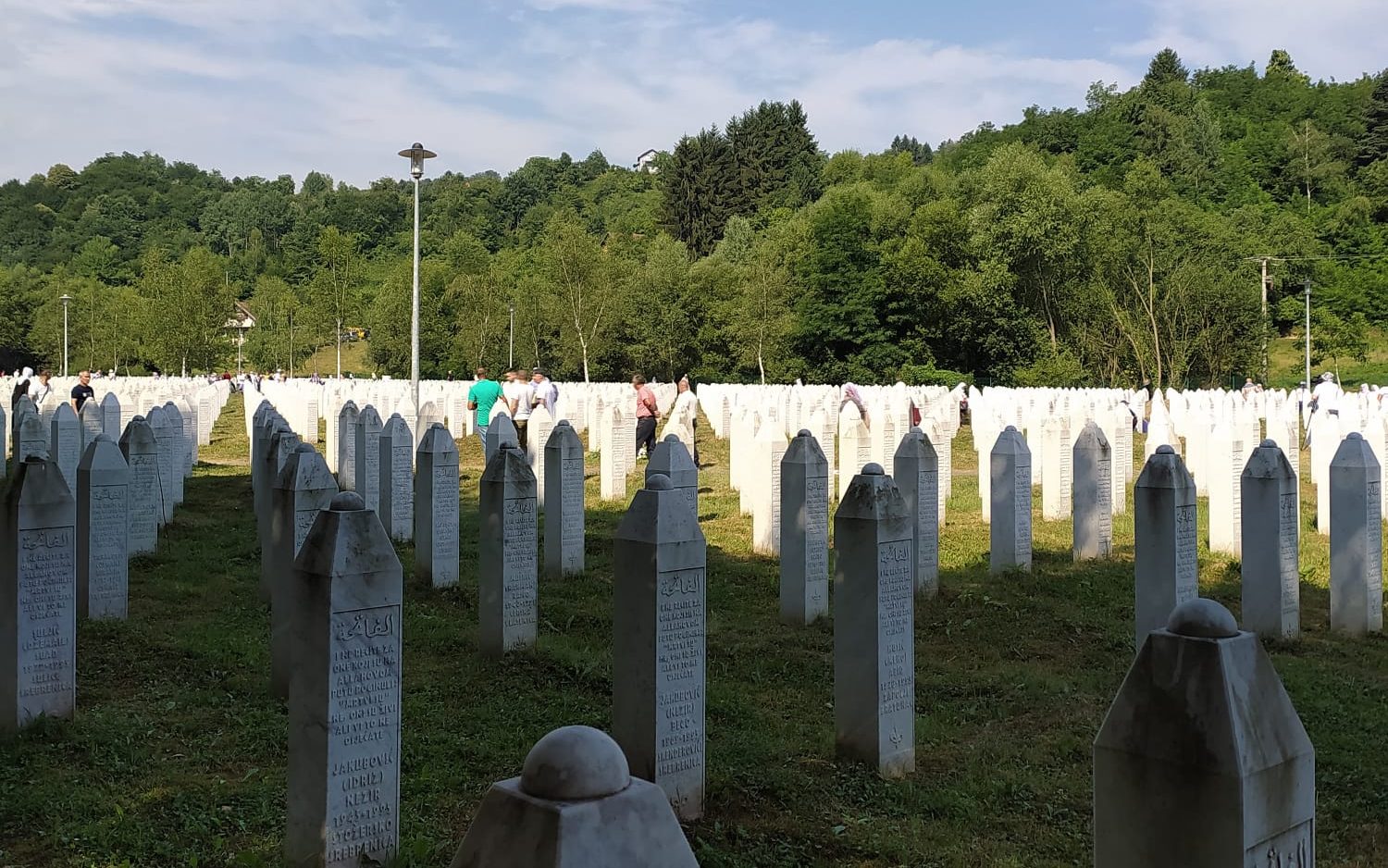
Genocide denial still common
Nearly three decades later, the families of the genocide victims still live without full justice. Within Bosnia and Herzegovina and the wider region, the judicially established facts are denied and distorted. Genocide denial and the glorification of convicted war criminals remain common.
This denial not only deepens the trauma of survivors—it also hinders any meaningful steps toward reconciliation and lasting peace. We must uphold and preserve these judicial findings and ensure the voices of Srebrenica’s survivors continue to be heard.
Thirty years of global remembrance
The theme of this year’s commemoration is ‘Our story, our promise’, highlighting the central role of survivors and families as the custodians of truth and memory. The Srebrenica ‘Flower of Remembrance’ serves as a symbol of resilience and collective commitment to justice. Across digital platforms, the hashtag #Srebrenica30 is used to share survivor-led stories and raise global awareness.
Marking this anniversary is also a global act. Thanks to years of advocacy by survivors, civil society, and diaspora communities, the United Nations General Assembly in 2024 officially designated 11 July as the International Day of Reflection and Commemoration of the 1995 Genocide in Srebrenica—a historic and long-overdue recognition.
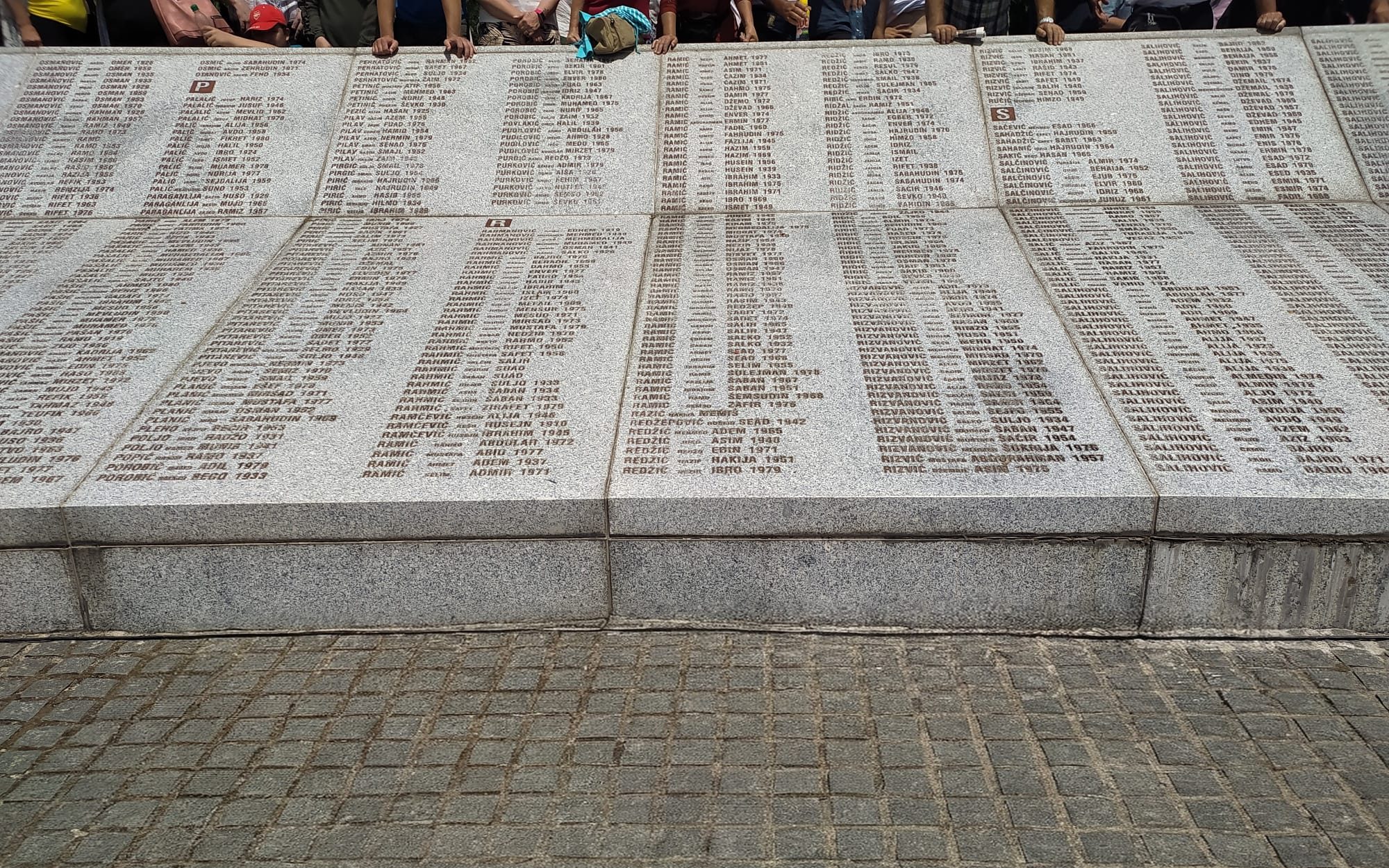
Present echoes silence of the past
Commemorating Srebrenica is not just about the past. It is about the present fight against denial, injustice, and forgetting. To this day, we witness civilian suffering and devastating loss of life in conflicts around the world. The international community’s failure to prevent atrocities still echoes the same silence and inaction that allowed Srebrenica to happen.
Thirty years on, the promise to remember remains as urgent as ever.
